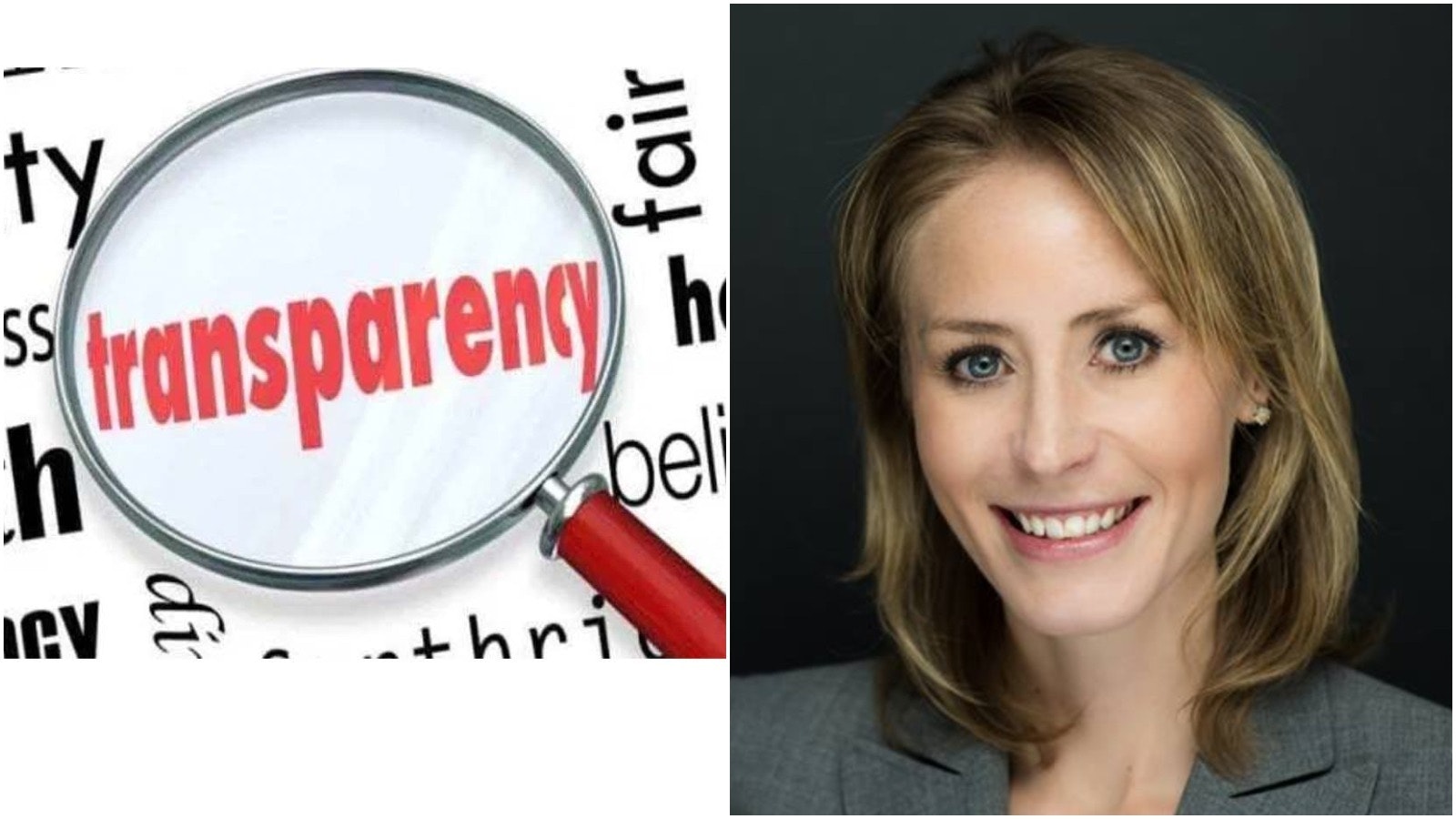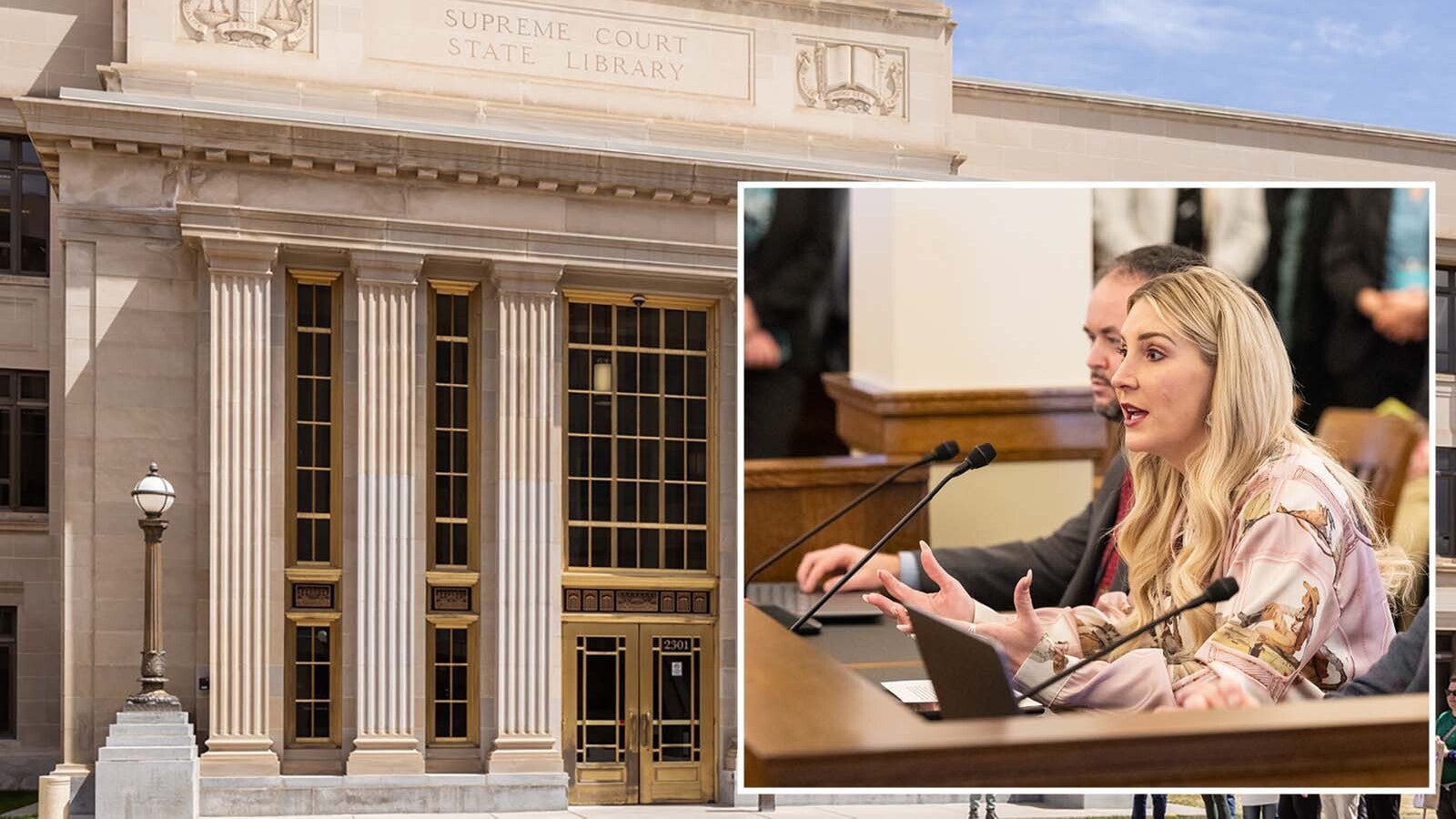Editorial republished with permission from our friends at the Wyoming Tribune Eagle
Even during a global pandemic and a state budget crisis, a group of Wyoming lawmakers has a chance later this month to continue a conversation that could lead to greater government transparency at all levels.
But without the right attitude going in, it could actually keep the public even more in the dark than they already are.
During an online meeting Aug. 21, the Wyoming Legislature’s Joint Judiciary Interim Committee is scheduled to spend some time talking about ways to clarify exemptions to the state’s Public Records Act and when it’s OK for governing bodies to go into executive session.
State Sen. Tara Nethercott, R-Cheyenne, and co-chair of the committee, told the WTE Editorial Board last week that the goal is to provide better clarity to records custodians – those government officials who serve as the gatekeepers for their agency when it comes to documents of all kinds.
Several testified during a meeting of the same committee in May that they are confused about which documents can be released and which should be withheld, especially when it comes to personnel records.
Fine. We have no problem with lawmakers trying to make the law clearer – as long as they don’t get too heavy-handed. The same holds true for any attempts to clarify when government boards can kick the public out and meet behind closed doors.
But since there’s a lot of gray area in both the public records and open meetings laws, legislators – whose predecessors long ago exempted themselves from the latter – have plenty of fertile ground for moving toward secrecy, not transparency.
For example, whose records should he open? Should it be based on a government employee’s rank or salary? Since an entire personnel file will never be open to the public, which pieces should be? Who gets to decide?
These and many other questions aren’t easy to answer – by records custodians or state legislators. So what can the committee do to make things clearer for government officials and more transparent for the public at the same time?
First, go into the conversation with a goal of keeping things as open as possible. That means limiting exemptions to just those things that would clearly violate an individual’s privacy. This is no easy task, and it’s not something that should be rushed.
Next, be willing to consult other state sunshine laws, rather than trying to reinvent the wheel.
Wyoming lawmakers are stubborn in this regard; they’re oh-so-willing to consider a prewritten piece of legislation from a group like the American Legislative Exchange Council, but they consistently resist looking to see what works in other places (even states of similar size and demographics).
Finally, be open to input from a variety of groups, not just government officials.
Yes, that includes us in the media, but also state Public Records Ombudsman Ruth Van Mark and citizens who have asked for records in the past. The best way to do that would be to appoint a subcommittee to hold public meetings online or around the state to take input.
Of course, better defining exemptions is only one aspect of the public records law that should be addressed. A bigger concern from the public’s perspective is what happens when a government official denies access to a certain document.
As those of us in the media know, the current way to appeal such a denial is usually both time consuming and costly, since it often requires hiring an attorney well-versed in media law and waiting for your case to be heard by an already overworked district court judge.
So in addition to talking about helping out records custodians, we hope committee members will help out their constituents by finding a faster, lower-cost way to appeal.
Ms. Van Mark is already available to help mediate such disputes, but so far her position lacks the enforcement teeth to require a public official to turn over documents if they disagree with her opinion.
Ms. Nethercott wondered aloud during our conversation whether it might help to move this appeal process to the Office of Administrative Hearings.
But almost in the same breath, she acknowledged the benefit of having an independent, third branch of government – the judicial branch – reviewing these decisions by the executive branch, rather than a board appointed by the governor.
We agree with the latter, of course, but feel strongly that there needs to be a faster, cheaper way to get these appeals through the court system.
We just finished one involving the local school district that took more than a year and cost a coalition of media companies several thousand dollars.
What happens when an average citizen asks for a document and faces similar obstacles?
Most will just shake their fists in frustration and give up (exactly what some government officials hope will happen).
Of course, officials could also consider a provision authorizing the courts to expedite public access cases, along with another awarding attorney’s fees to those who successfully challenge a custodian’s denial.
Which brings us back to the Judiciary Committee and its upcoming meeting. Those two hours on that Friday afternoon could be transformative – for better or worse.
As lawmakers continue to debate these issues, we implore them to resist the temptation to write too many exemptions into law and instead err on the side of openness.





